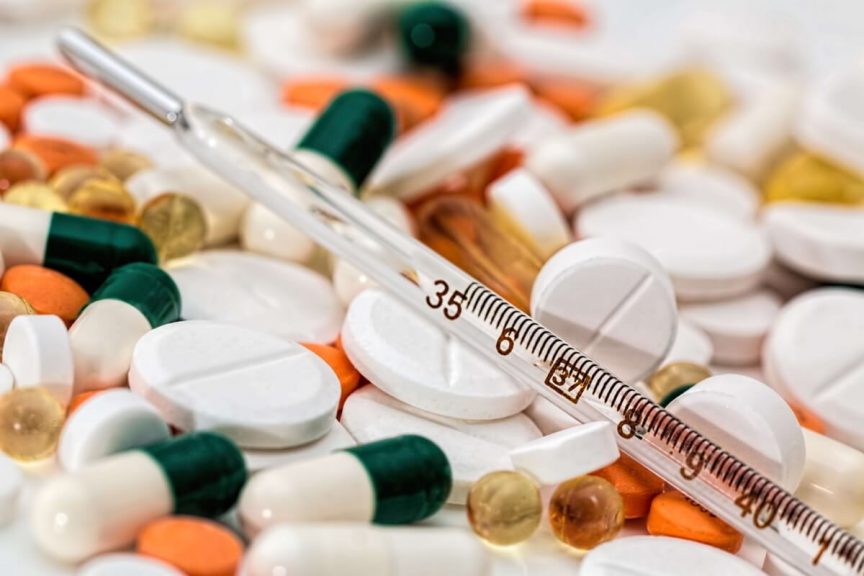A BBC poll into the use of performance enhancing drugs at every level of sport concluded it “is fast becoming a crisis”. Results of the poll stated that 35% of amateur sports people say they know someone who has doped, and 8% said they had taken steroids. The investigation found that 49% of participants though that performance enhancing drugs are “easily available” (https://www.bbc.com/sport/38884801).
In the light of the BBC Sport outcomes readers are referred to a press release by SASMA in April 2016 after it was brought to SASMA’s attention through a media release published on Netwerk 24, that a campaign had been launched in terms of which schools were encouraged to become agents for selling a company’s supplements thereby competing with each other by accumulating points awarded for selling specific supplements to learners, as well as hosting of certain promotional events publicising the company’s supplements.
SASMA considers such aggressive marketing as highly irresponsible, dangerous and somewhat unethical as the youth who are involved in the schooling system are vulnerable targets in that they may choose to participate in sport and be under the impression that the relevant supplements have been approved and endorsed by WADA, SAIDS and SASCOC.
Please be advised that neither WADA, SAIDS, SASMA nor SASCOC have endorsed any supplement products.
In keeping with international recommendations, it is the position of the South African Sports Medicine Association (SASMA) that persons under the age of 18 years should not use sports supplements. Optimizing dietary intake, quality of training, recovery strategies and sleep patterns have been clinically proven to have a far greater effect on overall health, athletic performance, and body composition than any dietary supplement tested to date.
Regions should engaged in discussions regarding supplements use in youth athletes as well as the use of performance enhancement drugs by amateur athletes. There is a strong cry from health care providers especially to youth athletes for extended powers to conduct surveys amongst schools throughout South Africa to establish the extend of the problem.
It is of importance to reflect on the value of sport argued by Dr Glen Hageman on request.
According to the World Health Organisation, physical inactivity is the fourth leading risk factor for global mortality following high blood pressure, smoking and elevated blood sugar levels, contributing to around 3.2 million deaths worldwide per year. Levels of inactivity and obesity amongst our young people are particularly high and organised sport at school is often promoted for its health and fitness benefits. However, sport plays a far greater role in our society, especially in shaping the future of our youth.
Legendary basketball coach John Wooden wrote in his autobiography that his father was influential in instilling the values of sport: “Basketball, or any other sport, can be great fun to play and entertaining to watch. However, it offers something more important. The lessons it provides – if taught properly – apply directly to life. Many of those lessons are usually taught first by a good mother or father, but sports can help make them stick and add a few more”.
We know that sport, at its best, can build character and promote the virtues of honesty, respect, humility, selfless teamwork, discipline, dedication and commitment to a greater cause. We know it can transcend political and racial barriers and the lessons learnt from it can spill over into the classroom, the board room and the greater community, contributing to shaping the future of South Africa and its citizens. No more powerful an example of this was the experience of Nelson Mandela, 50 million South Africans and the 1995 Rugby World Cup; an experience which for many will remain etched in their memories.
We need to acknowledge that sport is one of our nation’s most valuable assets, and the values it espouses need to be nurtured from a young age. We need to embrace the role that sport plays at schools, and in society at large, but also understand the threats it faces and fight for its integrity and value as a number of issues currently threaten to tear at its very fabric.
Some of these issues include a “win at all costs” mentality and many are willing to overstep the mark to achieve this goal. This willingness to prioritise winning at the expense of ethics and our young athletes’ health must be addressed. Included in this are excessive adult pressure and expectation, the use by school sportsmen of banned and illegal substances and the “poaching” by schools of elite athletes from competing schools. There are many others.
The simple notion of “fun” is what attracts young people to various sporting disciplines; this together with enhanced self-esteem, the thrill of winning and the camaraderie of participation keeps them engaged. However, once the fun of sport is lost, so too are participation levels.
So who then has the greatest influence on sport in our children and teenagers? Research shows that coaches generally are considered to have the greatest influence on today’s young athletes; this makes them, perhaps even more so than parents and teachers, the guardians of school sport. Every coach should ask him or herself daily if they always have their players’ best interests at heart and whether or not they are being successful in this role by not bowing to negative external pressures.
As sports medicine professionals of one kind or another, we also have a role to play in positively influencing the ethos of school sports. It may be a lofty and ambitious objective, but it is certainly worth the effort; if we can all get it right, we may just be doing something significant in shaping the future of our children, and possibly even the future of this country in some small way.
The South African Institute for Drug Free Sport will be hosting a 2 hour symposium at #SASMA2017. Visit the Congress website for more details.

